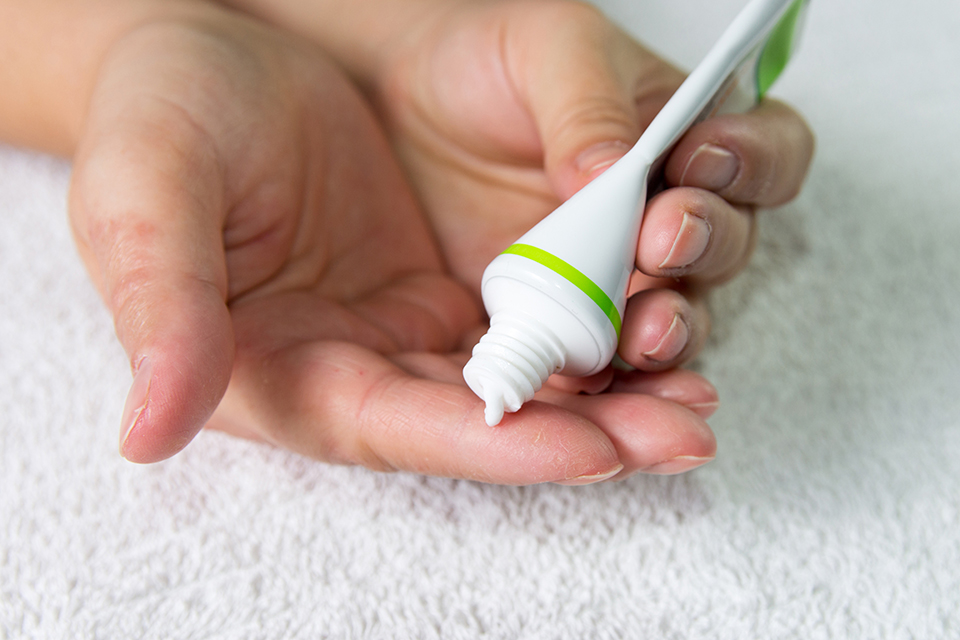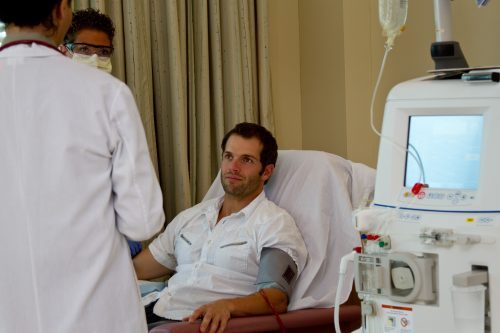
Boston—With increases in life expectancy, there are more geriatric patients being referred to nephrology for management of chronic kidney disease (CKD). It is uncertain whether referral of geriatric patients improves outcomes; one recent study did not show any benefit of trending change in estimated glomerular filtration rate (eGFR) as a predictor of mortality in elderly patients; results of a study conducted in the United Kingdom suggest that the majority of geriatric patients with CKD can be effectively managed in the primary care setting without a nephrology referral. There are few, if any, data available from studies conducted in the United States.
Azza Abdel Hak, MD, and colleagues conducted a retrospective chart review of patients ≥80 years of age with eGFR <60 mL/min/1.73 m2 who were seen at Thomas Jefferson University Hospital, Philadelphia, Pennsylvania in 2009 and 2010. The researchers reported results of the chart review during a poster session at the NKF Spring Clinical Meetings in a poster titled A Study of Kidney Function Trends in Geriatric Patients with and without Nephrology Referral.
Demographics, including age, sex, and race, were collected at baseline. Creatinine, eGFR, (calculated by CKD-Epidemiology Collaboration equation), and all-cause mortality were measured at baseline, and years 3 and 5.
Patients were categorized into one of two groups: those with nephrology referral and those without nephrology referral. Differences between the two groups were compared using two-sample t tests and Chi-square tests as appropriate. Differences in creatinine and eGFR between the two groups were assessed using linear regression models. Binary outcomes, whether creatinine or eGFR, changed from baseline by 25% at year 3 and 5 were modeled using logistic regression analysis. The models were adjusted for age, sex, and race.
The nephrology group included 49 patients; the non-nephrology group included 71 patients. The eGFR in the nephrology group was significantly lower than in the non-nephrology group: 32.12 mL/min/1.73 m2 versus 38.58 mL/min/1.73 m2. There were no significant differences in 5-year increase of creatinine, 5-year decrease in eGFR, or 5-year all-cause mortality. Further, among patients with CKD stage 3, there were no significant differences in creatine change or eGFR change between the two groups.
In conclusion, the researchers said, “This study did not show any beneficial gains of referral of senior patients with CKD 3 to nephrology. It may be more appropriate to refer a selective group of senior citizens for nephrology evaluation. Future randomized controlled trials are warranted.”
Source: Hak AA, Song Y, Li J, Zhang J. A study of kidney function trends in geriatric patients with and without nephrology referral. Abstract of a poster presented at the National Kidney Foundation 2019 Spring Clinical Meetings, May 8-12, 2019, Boston, Massachusetts.







 © 2025 Mashup Media, LLC, a Formedics Property. All Rights Reserved.
© 2025 Mashup Media, LLC, a Formedics Property. All Rights Reserved.